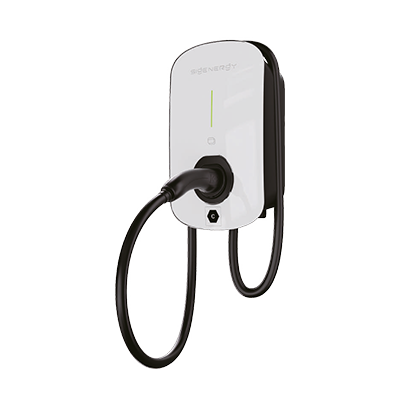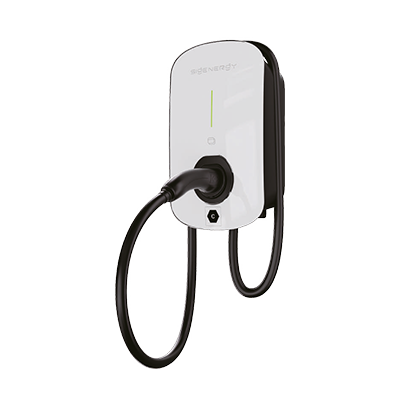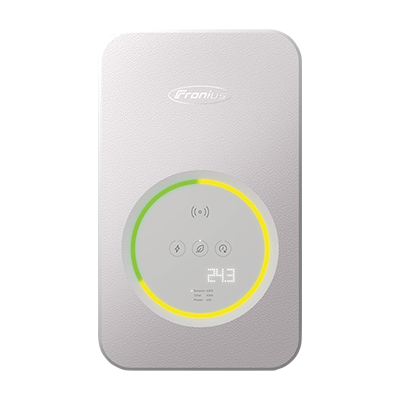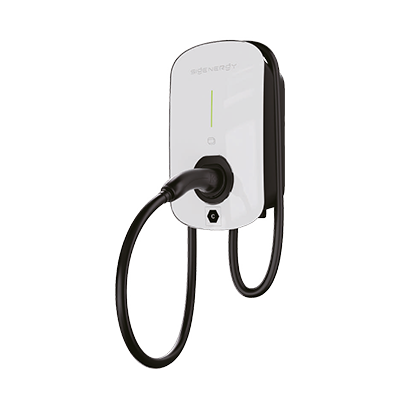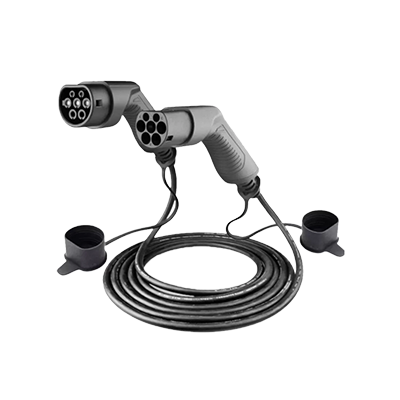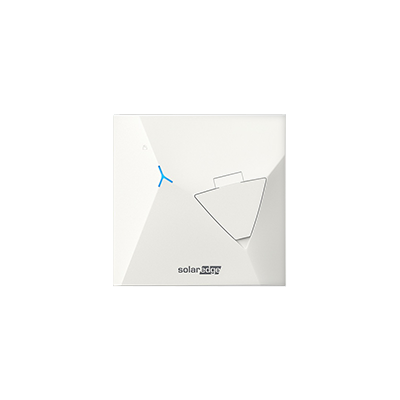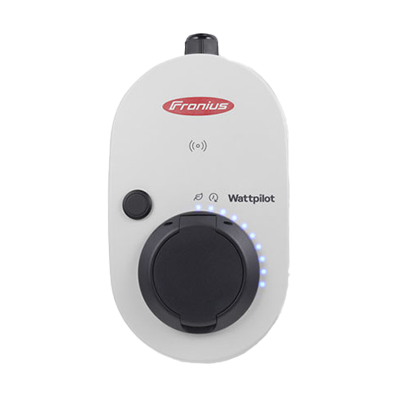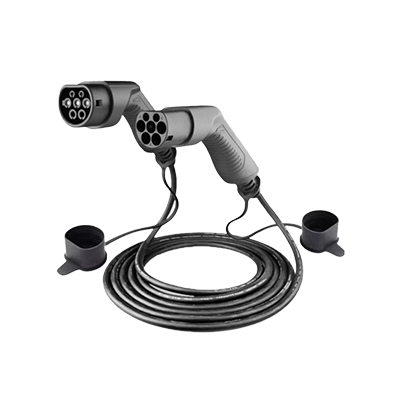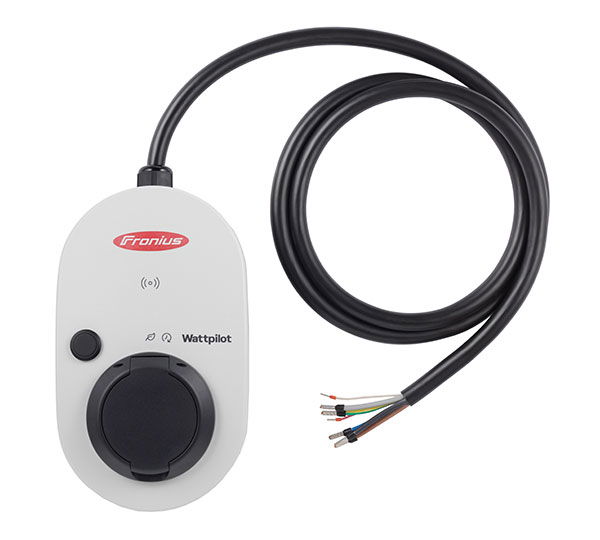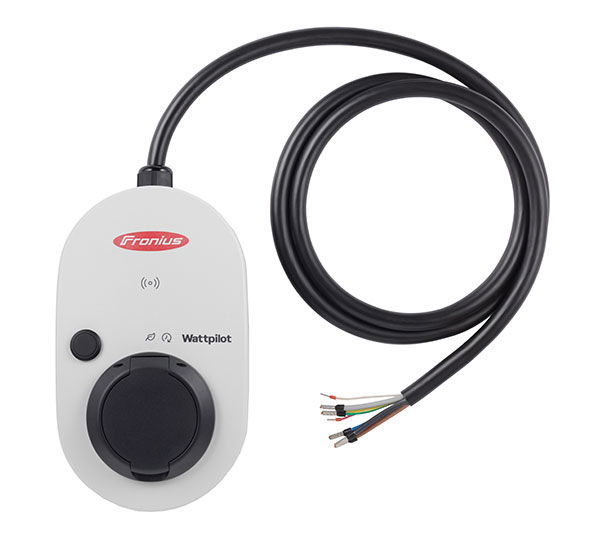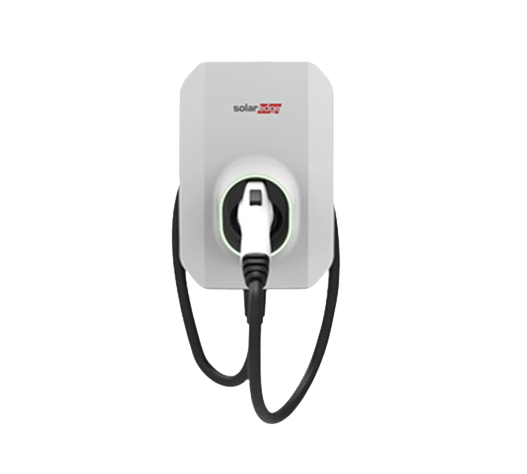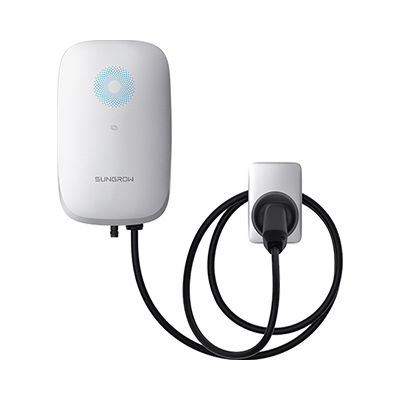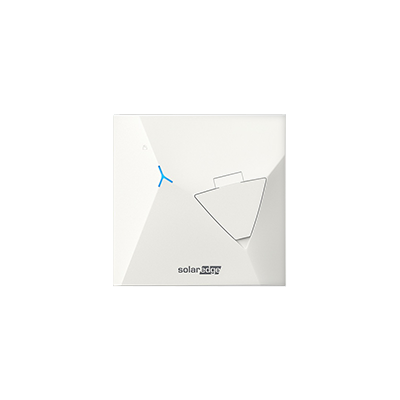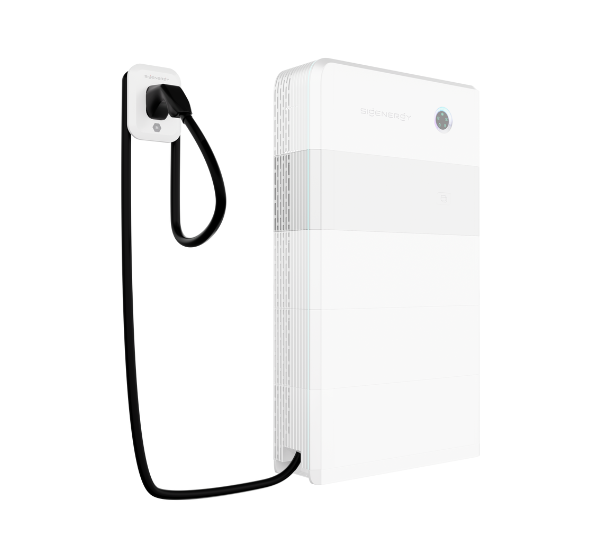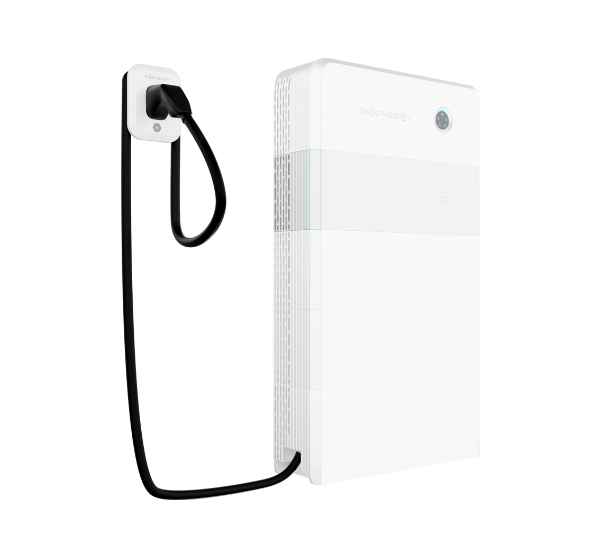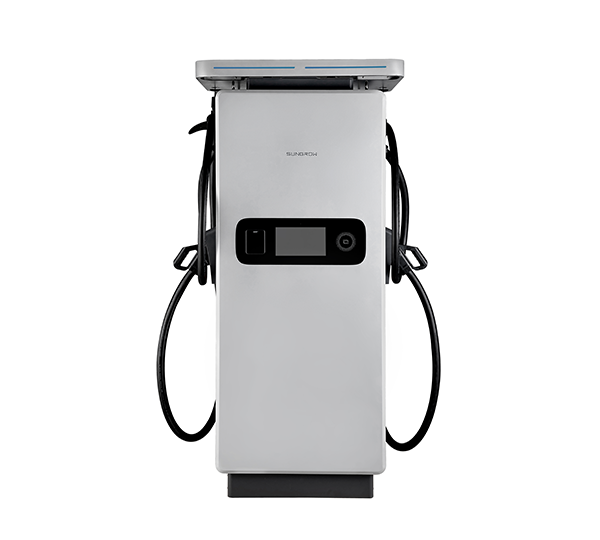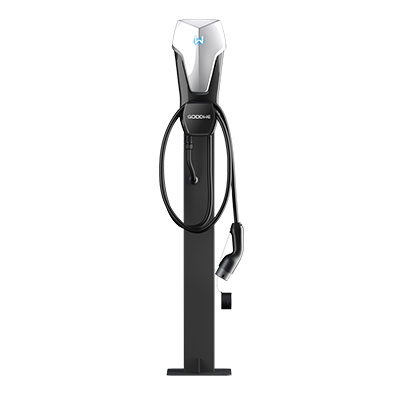Charging Stations – Products, Technology & Planning
AC or DC?
Charging stations are generally available in two types: AC (alternating current) and DC (direct current). For private or semi-public use, AC wallboxes with 11 or 22 kW are the most common solution. In commercial settings or high-demand charging parks, DC charging stations with 30 kW to 300 kW and more are used.
Typical use cases:
- Single-family home: 11 kW AC wallbox – optionally with phase switching for reduced charging power (approx. 3.7 kW)
- Multi-family dwellings: Multiple 11 or 22 kW AC wallboxes with load management and optional access control (e.g. RFID authentication)
- Commercial & fleets: Mix of AC for staff and DC for fleet vehicles like buses, delivery vans, or forklifts
- Public locations: DC fast chargers to reduce idle time, especially on highways
Our charging stations are listed under the categories AC Charging Stations and DC Charging Stations. Accessories such as charging cables, mounting kits, and RFID cards can be found under Accessories.
PV Integration: How Surplus Charging Works
A charging station is essentially just another power consumer. That changes with surplus charging. This method prioritizes charging the EV when solar energy is available – avoiding unnecessary grid consumption. It can be done manually: plug in the car when your PV system is feeding power into the grid. However, dynamic PV surplus charging truly boosts self-consumption and reduces grid strain.
Requirements for dynamic PV surplus charging:
- Compatible wallbox: Must be controllable via external charge controller and/or able to communicate with the inverter or energy manager
- Compatible inverter: Inverter and wallbox must be interoperable – many manufacturers restrict compatibility to their own product lines
- Energy manager: Can be brand-specific or independent (e.g. Razo, Clever-PV using the OCPP interface)
- Smart meter: Measures both consumption and feed-in
All residential AC wallboxes in the Krannich portfolio support surplus charging. In business setups and for DC chargers, surplus charging plays a minor role – these focus on performance delivery rather than self-consumption. Compatible inverters are listed in product descriptions and datasheets. Our service team is happy to assist.
Communication & Control
Modern charging stations are part of interconnected energy systems. Key standards, interfaces, and protocols include:
- OCPP (Open Charge Point Protocol): Enables cloud- and network-based services, §14a integration, dynamic electricity billing, and smart charging park management
- Modbus: Used for communication between inverter, storage, smart meter, and wallbox
- LAN/Wi-Fi: For local or remote access
- ISO 15118: Defines vehicle-to-charger communication – supports load profiles and bidirectional charging
- RFID (Radio Frequency Identification): Secures public and semi-public chargers against unauthorized access – identity verification typically runs via OCPP
Registering & Approving Your Wallbox
To ensure your Wallbox charger is compliant and ready for use, follow these key steps:
1. Device Registration
Start by creating a Wallbox account and registering your charging device. You’ll need to enter the serial number and unique device ID into the Wallbox app to activate and manage your charger.
2. Installation Approval
Depending on your charger’s power rating, you may need to notify or obtain approval from your local Distribution Network Service Provider (DNSP):
- ≤ 3.7 kW: Registration may be sufficient.
- > 3.7 kW: Notification to the grid operator is typically required.
- ≥ 4.2 kW: Compliance with §14a regulations becomes mandatory.
- ≤ 11 kW: Registration is required, usually involving a form and product datasheet submission.
3. Compliance and Safety Standards
All Wallbox installations in Australia must comply with AS/NZS 3000:2018 electrical standards:
- Must be installed by a licensed electrician
- Requires a dedicated circuit, RCD protection, and correct cable sizing
- May involve additional approvals for chargers above 7 kW or three-phase systems
Key Charging Station Manufacturers
Krannich Solar offers a broad portfolio of trusted brands:
- Sungrow: Our only DC charging station supplier. AC version includes integrated fault detection – no external RCD needed. 7 m Type 2 cable
- Fronius Wattpilot: MID-compliant, dynamic PV surplus charging (1.38 to 22 kW). German Design Award winner
- GoodWe HCA Series: Extremely quiet wallbox. Solar-only or hybrid PV/storage charging possible
- Sigenergy: Quick Installation. data tracking and scheduled charging on mySigen App
- SolarEdge SE-EV-SA-KIT-LM32: Controls up to 3 wallboxes per system – with PV surplus and low-tariff charging

